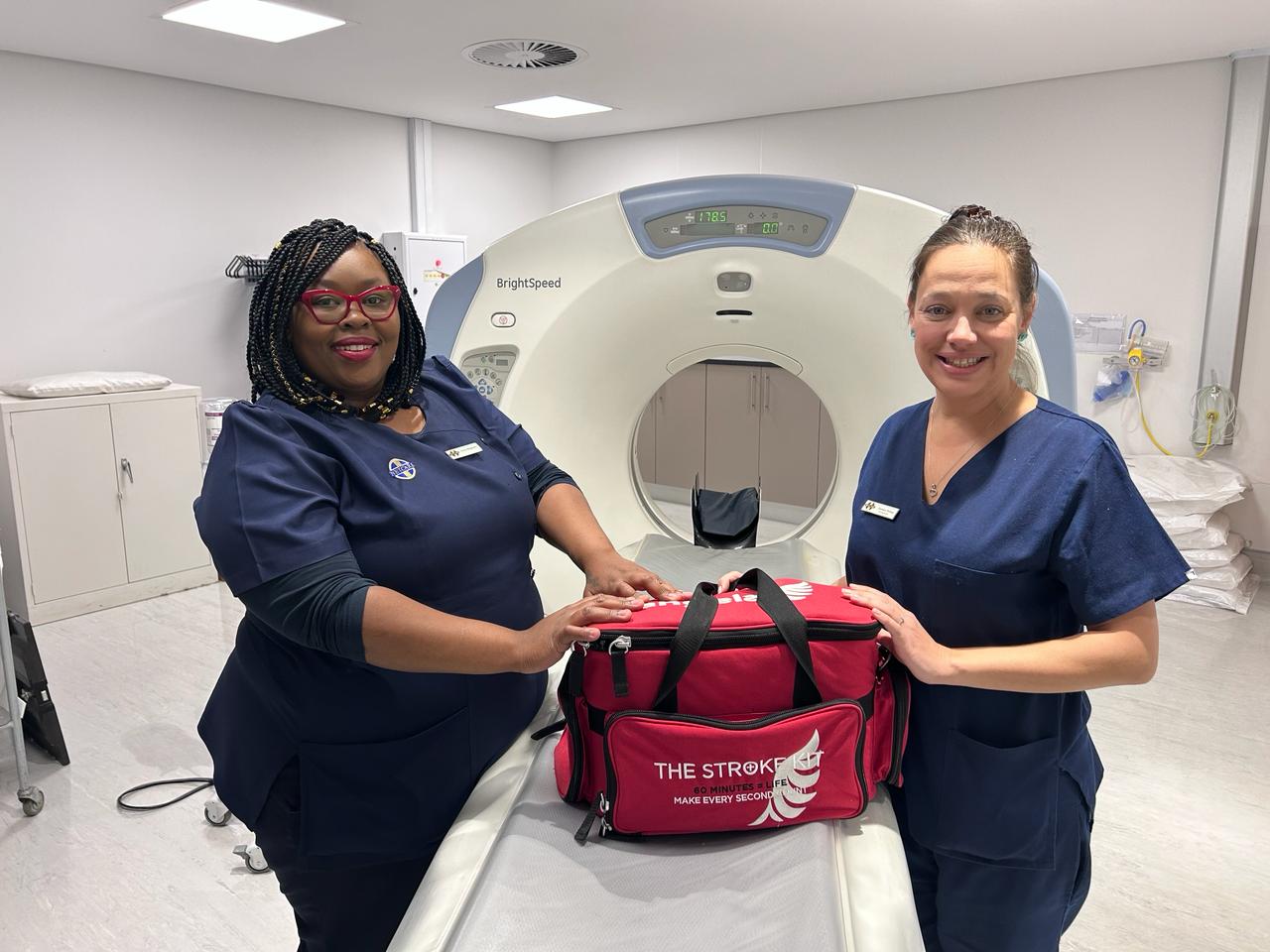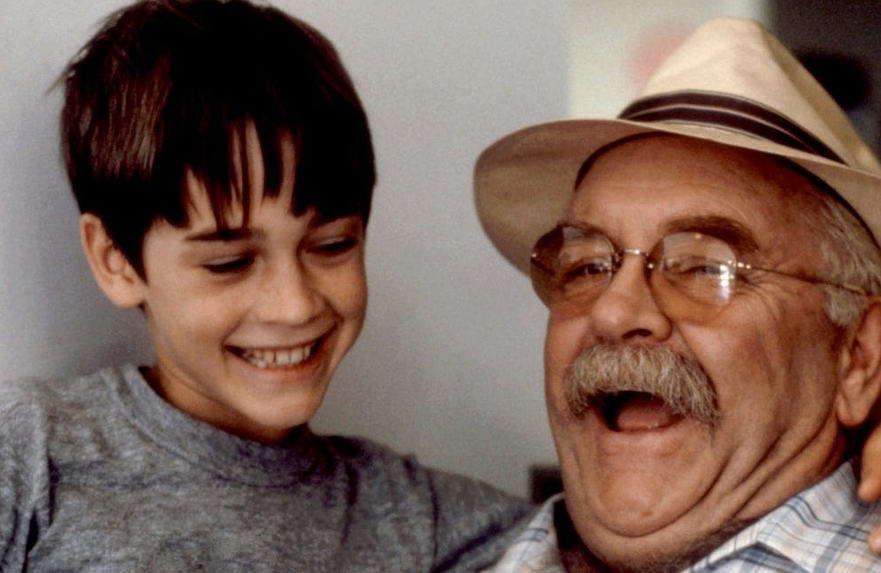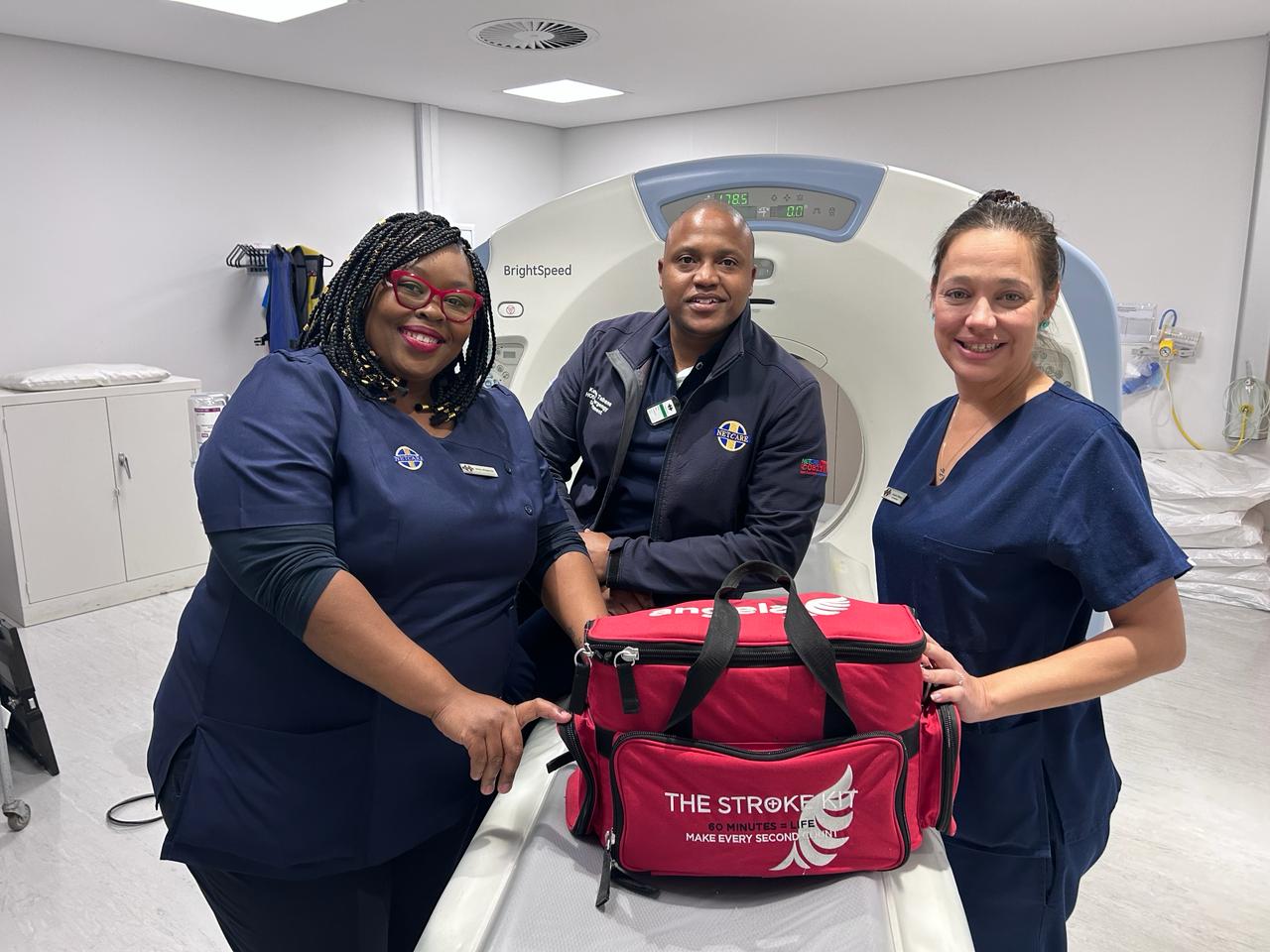
KIEDY kończy się na lewym skrzydłach dla Alberton Madeliefies, nazwa jej czarno-żółtego gracza brzmi "NURSIE". Ale z dala od pola rugby, to chodzi o ostatnią rzecz, z którą każdy powinien mieć nerw, aby zadzwonić do Sr Zasskii Wiese.
Nie ma nic złego co do urazu, który pielęgniarka pogrubiała się we krwi, jelitach i adrenalinie, ani krajowego koordynator udar w jednej z najbardziej prywatnych grup opieka zdrowotna w Republice Południowej Afryki, która skierowała grupę od 0 do 32 nagród WSO Angels w ciągu nieco roku.
Jest to rola, którą przyjęła w listopadzie 2022 roku – właśnie miesiące przed złotą nagroda dla Netcare Alberton Hospital złamała drapieżnik dla grupy Netcare. Od tego czasu najnowszy szpital w grupie twierdzi, że trzeci romb, a szpitale Netcare, łącznie, zbiorczo, otrzymały 12 – trzech więcej niż reszta szpitali w Republice Południowej Afryki.
Zasskia jest jasne, że większa liczba nagród oznacza bardziej pozytywny wpływ na wrażliwe życie pacjentów i że każda szansa na wygraną nagroda to szansa na poprawę jakości życia pacjentów. Mając to na uwadze, co tydzień monitoruje każdy szpital, aby śledzić czas oczekiwania między przybyciem a rozpoczęciem zabiegu oraz przestrzeganie zaleceń dotyczących ścieżki leczenia udar. Dlatego zespoły udar są zachęcane do przeprowadzania analiz indywidualnych każdego przypadku na multidyscyplinarnych spotkaniach, dlaczego gromadzenie danych nie jest opcjonalne i dlaczego, przynajmniej na razie, sama rejestruje dane przedszpitalne. (Zbieranie danych dla pogotowie ratunkowe ratunkowego grupy, Netcare 911, rozpoczęło się stosunkowo niedawno, ale pod koniec ubiegłego roku region KwaZulu-Natal złamał lód dwoma kolejnymi nagrodami zespół ratownictwa medycznego (ZRM) Angels. Ściśle obserwuje "nowe dziecko".)
Zasskia nie waha się powiedzieć, że lubi wygrać: "Jestem bardzo konkurencyjny; lubię być pierwszy. Jestem bardzo zdeterminowana, jeśli chcę czegoś, wyjdę i wziąłem to, a nie mam ustaleń na drugie najlepsze”.
Nagranie pokazuje, że nawet jeśli nie ma wyboru, ale chce wybrać drugą opcję, przekształciła kompromis w zwycięstwo.
Nigdy nie mówić
Pielęgniarka nie była pierwszym wyborem Zaskii po ukończeniu szkoły. Po 17 roku, jako że jej najlepszy kolega umiera na kolanach po wypadku na drodze hodowlanej, zdecydowała się zostać lekarzem. Ale przyjęcie do szkół medycznych w Republice Południowej Afryki jest słynnie konkurencyjne, a gdy Zasskia nie udało się zapewnić miejsca na swojej pierwszej próbie, postanowiła, że będzie kilka lat pielęgniarstwo przed podjęciem kolejnej próby.
Jednak pielęgniarstwo nie doktorowało, a Zasskia trwała zaledwie rok w szkole pielęgniarstwo, zanim wysiadła i zakupiła bilet lotniczy do Wielkiej Brytanii. Pracując jako asystentka kierownika restauracji, zatrudniła się w agencji, która umieściła ludzi w nieformalnych obowiązkach w dni wolne od pracy. Nie lubiła rutyny, a zawieszenie, że wsiada do autobusu bez wiedzy, o co może zostać poproszony na drugim końcu, zachciała się na głód na niespodziewane. Niektóre z zadań polegały na zapewnieniu opieki paliatywnej pacjentom w podeszłym wieku – rodzaju pracy, w której pracujesz w cierpliwie. Gdy wróciła do RPA po dwóch latach za granicą, jej postrzeganie opieki pielęgniarstwo zmieniło się. Zdając sobie sprawę, że jest to "pielęgnacja, współczucie pracy", wznowiła studia w Centrum Medycznym Arwyp w Kempton Parku.
Mimo to wojna pielęgniarstwo pourazowego nie była dla niej kompletna – w związku z tym zdecydowała się w pierwszym dniu trzeciej rotacji na szpitalny oddział ratunkowy, gdzie pacjent została przyjęta po przyjęciu przedawkowania. Otrzymał szybkodziałającą emetykę i Zasskia podała mu ciepłą wodę z pojemnika, gdy pochłaniające wymioty uderzyły jej twarz i nasączyły włosy. Nigdy więcej nie zdecydowała. Jednak w końcu mieszanina adrenaliny i niespodziewanej okazałaby się nieodporna.
W ramach szkolenia w zakresie urazów i ratunkowy Zasskia została przydzielona do szpitala Netcare Milpark Hospital w Auckland Park w Johannesburgu, gdzie, osiem miesięcy po objęciu siostry urazowej, została zaproszona do złożenia wniosku o stanowisko zastępcy oddziału urazowego. Po zaledwie ośmiu miesiącach pracy na tym stanowisku z powodzeniem złożyła aplikację na stanowisko kierownika.
Poproszona o uwzględnienie jej szybkiego wzrostu, mówi po prostu: "Zrobię to, co robię i jestem dobry w swojej pracy."
Misja została zrealizowana
Opieka udarowa również nie była jej pierwszym wyborem. Kiedy zarządzanie szpitalem Netcare Milpark dało jej trzy miesiące na przekształcenie szpitala w akredytowane centrum leczenia udarów, nie wiedziała, od czego zacząć, i nie była taka zadowolona.
"Jestem pielęgniarka pourazową", wyjaśnia. "Mam do czynienia z krwią i jelitami. Pracując na oddziale urazowym, chcesz się podekscytować. Pacjenci priorytetowi pod względem medycznym są nudni, myślałem, że udar jest nudny. Ale po raz pierwszy widziałem pacjent z udarem leczonego tromboliza – był zdrowym, aktywnym 31-letnim prezentacją z porażeniem połowiczym lewym – zauważyłem różnicę, jaką odniosło. Obserwowałem, jak ruch wrócił do lewej ręki i nogi. Następnie stoję obok łóżka i obu płakaliśmy”.
Z pomocą Renathe van der Merwe Inicjatywa Angels Zasskia powołał zespół i przeszkolono ponad 500 lekarzy i pielęgniarek, a trzy miesiące później znalazło się w tej samej sali posiedzeń, wyjaśniając, w jaki sposób rejestrowanie danych w rejestrze poprawy leczenie udaru RES-Q pomogłoby zespołom udar zidentyfikować luki w szlaku udar i je wyeliminować.
Trzy lata później, kiedy spotkaliśmy się z nią w poniedziałek rano w szpitalu Netcare Alberton Hospital, gdzie od listopada 2022 roku jest kierownikiem programu leczenia urazów, zajęła się załadowaniem szpitali na niedawno uruchomioną nową i ulepszoną platformę RES-Q. Netcare ma 38 szpitali z oddziałami ratunkowy, które mogą leczyć pacjentów z udar, wyjaśniła. Pod koniec dnia każdy z nich zostanie zarejestrowany w RES-Q, gotowy do ciągłego monitorowania jakości, aby wesprzeć proces poprawy leczenie udaru.
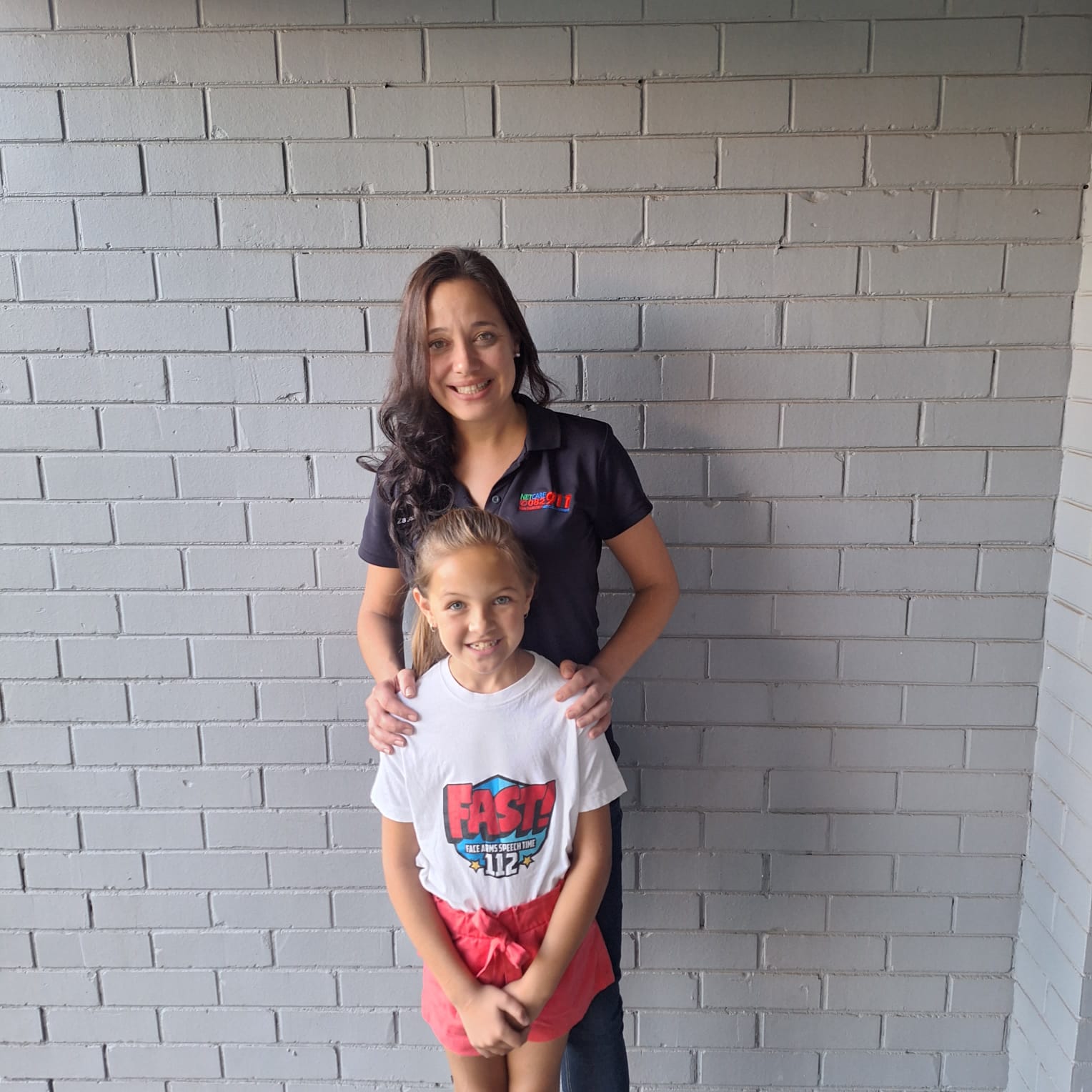
Podnoszenie liczby bohaterów
Oprócz zarządzania programem leczenia urazów i koordynowania leczenie udaru w maksymalnie 38 szpitalach, Zasskia jest jedną mamą uczącą superbohatera. Mała dziewczynka z tysiącem watów uśmiecha się do marzeń o tym, że zostanie nauczycielką lub pielęgniarka ratownik medyczny helikopterem i nosi koszulkę Bohaterów drużyny FAST wszędzie. Zasskia wprowadziła w domu kampanię informacyjną o udar bohaterów drużyny FAST, a ośmioletnia drużyna szybko opanowała objawy udar.
Zasskia przypomina sobie, jak, kiedy rzucała słowami podczas jazdy po domu, córka kazała jej wyglądać tak, jak ona wygląda.
Mama musiała spoglądać w przyszłość, kiedy prowadziła samochód, wyjaśniła. Ale jej pasażer nalegał: "Patrz na mnie! Teraz uśmiechnij się!”
To była wskazówka Zaskii, aby zapewnić jej małego Bohatera drużyny FAST, że mama nie ma udar mózgu; po prostu potrzebowała przerwy.
Czas wolny zwykle oznacza wyjście na siłownię, gotowanie kolacji i nadzorowanie prac domowych z trzema stopniami, ale dezaktywacja jest łatwiejsza niż wykonywana. Telefon Zasskii rzadko jest poza zasięgiem, nawet gdy jest pod prysznicem. Podczas dwutygodniowej wycieczki na obozach tego lata zgodziła się zostawić telefon w karawanu i sprawdzić go tylko dwa razy dziennie. "To było bardzo trudne", mówi.
Z drugiej strony, ten poziom poświęcenia komunikuje się innym, a w ramach podekscytowania związanego z poprawą leczenie udaru, jej praca staje się łatwiejsza.
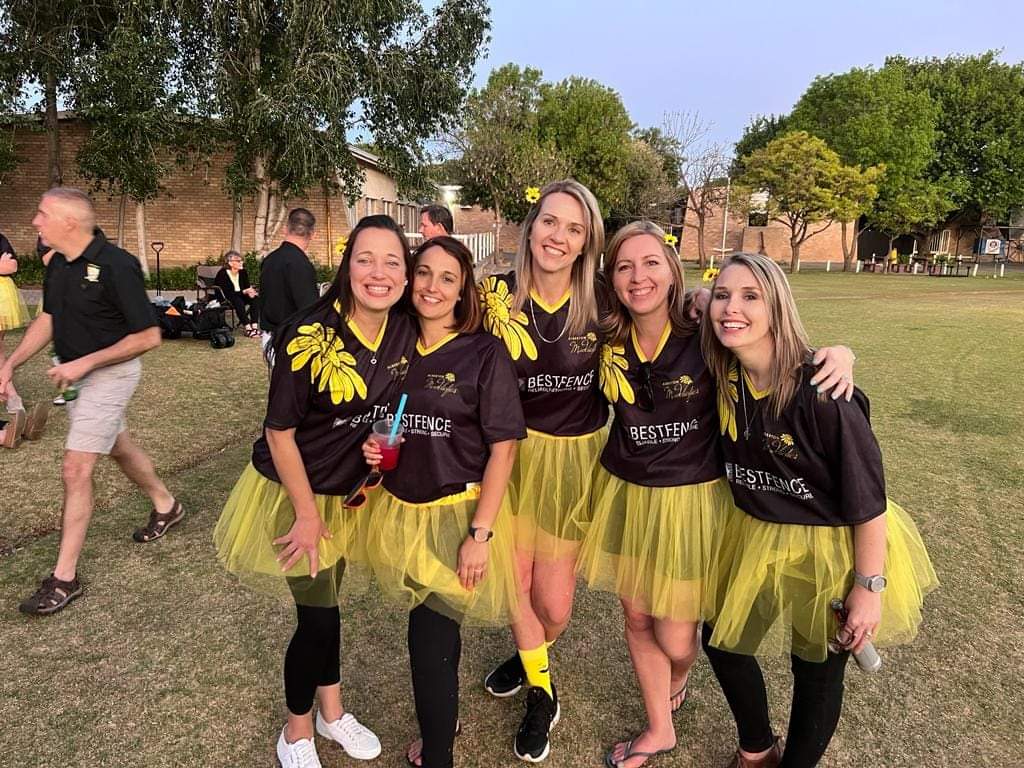
To losowanie dla dziewcząt
Jeśli chodzi o rugby, zaczęła się od żartu.
Partner Zasskii Anton gra w 35-tym zespole lokalnego klubu i żony oraz dziewczyn zazwyczaj wspiera ich z boku. Ale podczas
impromptu mecz rugby touch, który ubiegłej zimy, niespodzianny pokaz gritu i talentu doprowadził do założenia zespołu rugby dla kobiet Alberton Madeliefies.
Wkrótce mieli coacha, a do września 2023 roku brali udział w pierwszej konkurencji krajowej.
To był strup ognia. Kiedy Madeliefies (imię i nazwisko oznacza "dieta") nie powodowały zmniejszenia wibracji, ich przeciwnicy mieli przewagę fizyczną. Dwa przemieszczenia i trzy wsunięcia, rozważali swoje możliwości, mówi Zasskia. "Byliśmy krzywdą".
Ale Madeliefies ugruntowały ich ziemię, a gra zakończyła się losowaniem. Ich lewy młotek nie ma jeszcze wejść na tablicę wyników, ale może to być tylko kwestia czasu: "Nursie" nie uspokoi się na drugie najlepsze.
